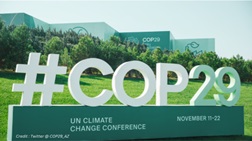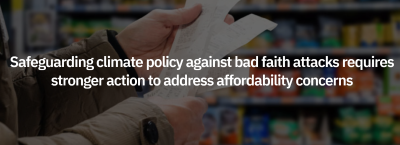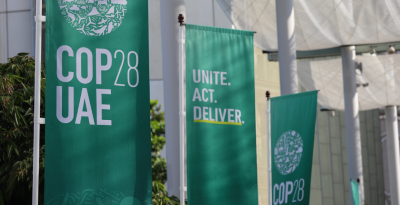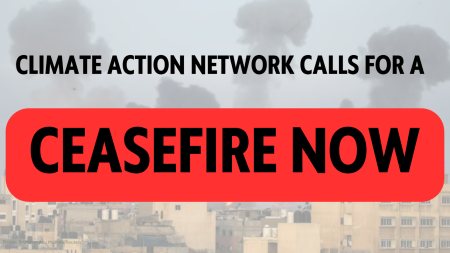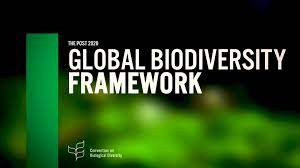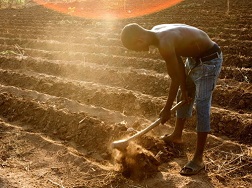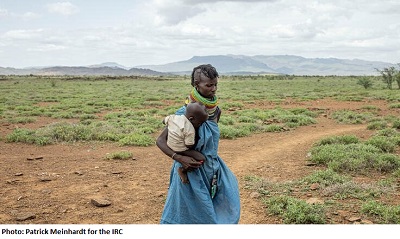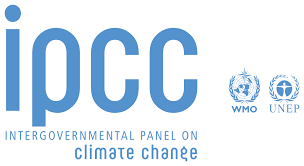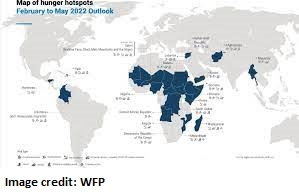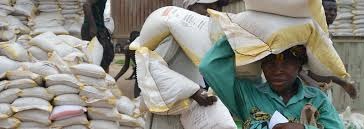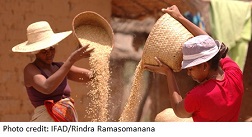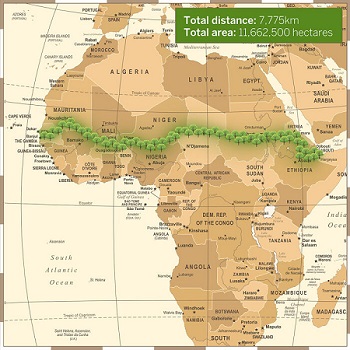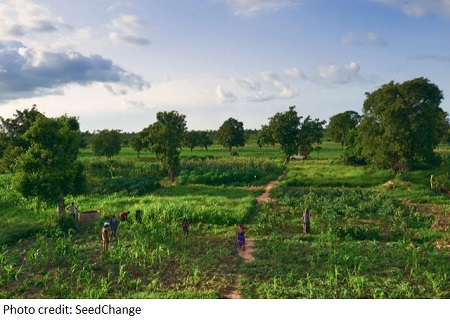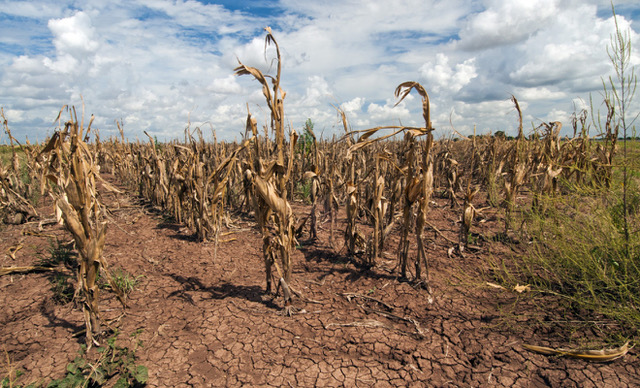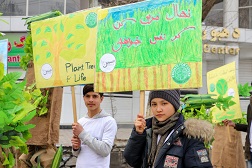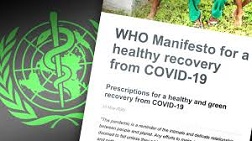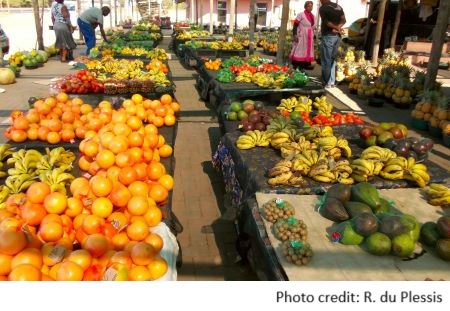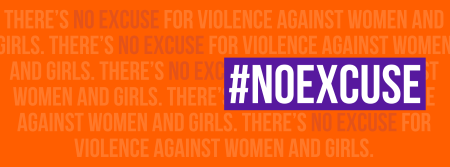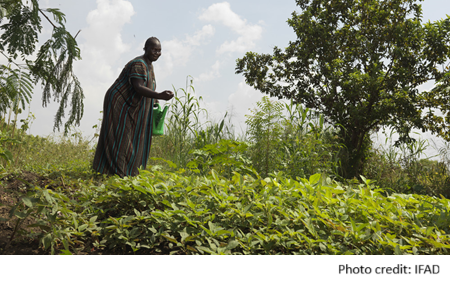
Suffering in Silence, a report recently released by CARE International, identifies the ten most under-reported humanitarian crises of 2019. Nine of the ten crises occurred in sub-Saharan Africa, in the countries of Madagascar, Central African Republic, Zambia, Burundi, Eritrea, Kenya, Burkina Faso, Ethiopia and in the Lake Chad Basin. In 2020 it is estimated that 2% of the global population (160 million people) will require USD $28.8 billion in humanitarian assistance to survive.
The majority of the crises described in the report are partly a consequence of declining natural resources, increasing extreme water events, and global warming. As climate change intensifies, so does humanitarian need. Crises linked to climate change are often slow-moving, recurrent and protracted. Often when they do receive media attention, the focus is not on mitigation or adaptation but on consequences such as people forced to flee their homes, violent extremism, and hunger.
Media attention can shape the degree of public empathy for a crisis and can influence how much international funding it receives and how foreign policy priorities are formed. The report describes seven ways in which we can all shine a light on people in crises who are otherwise forgotten. The COVID-19 experience is a good illustration of how media coverage can shape empathy and public financing.
